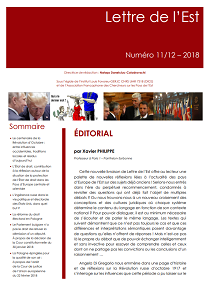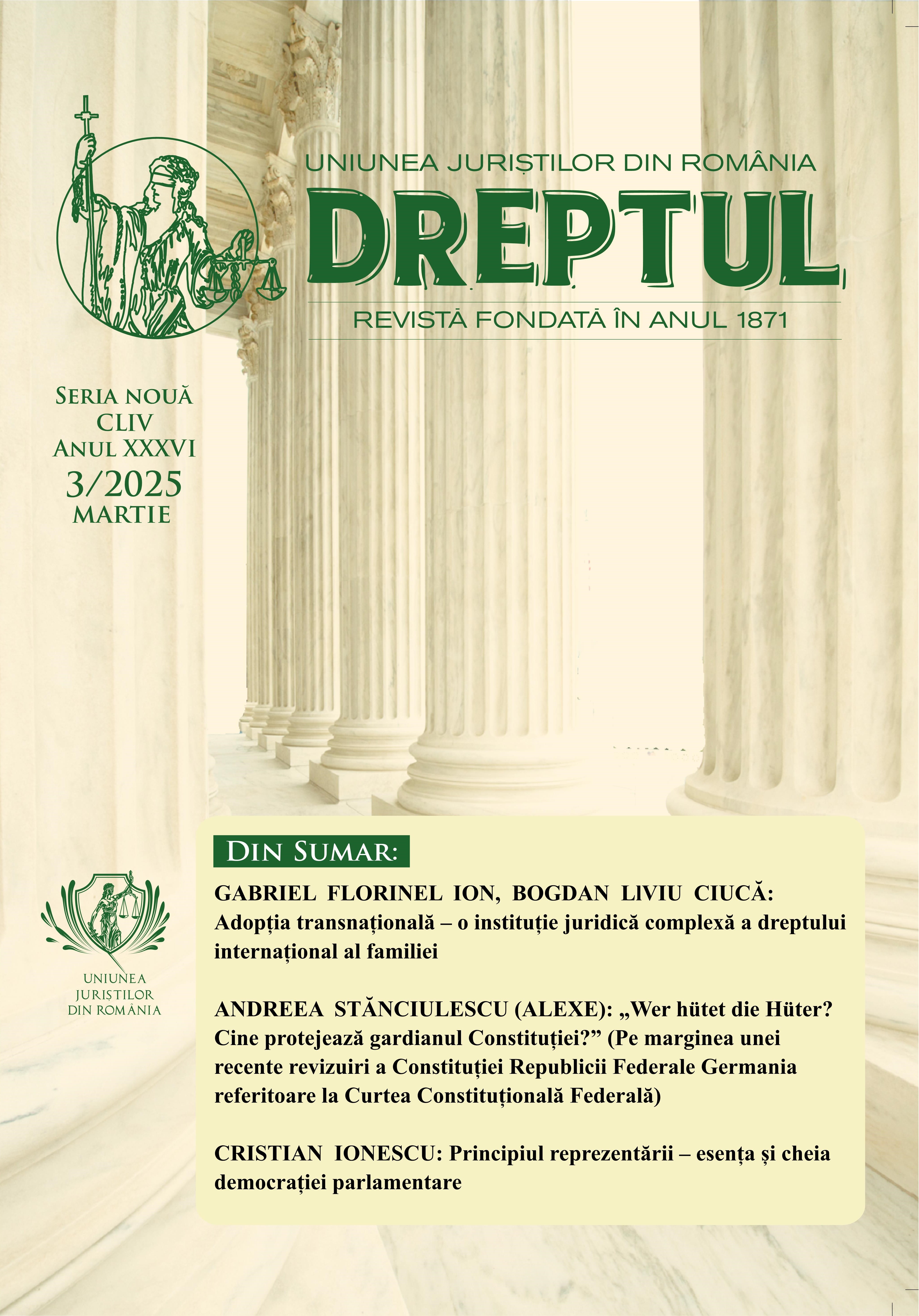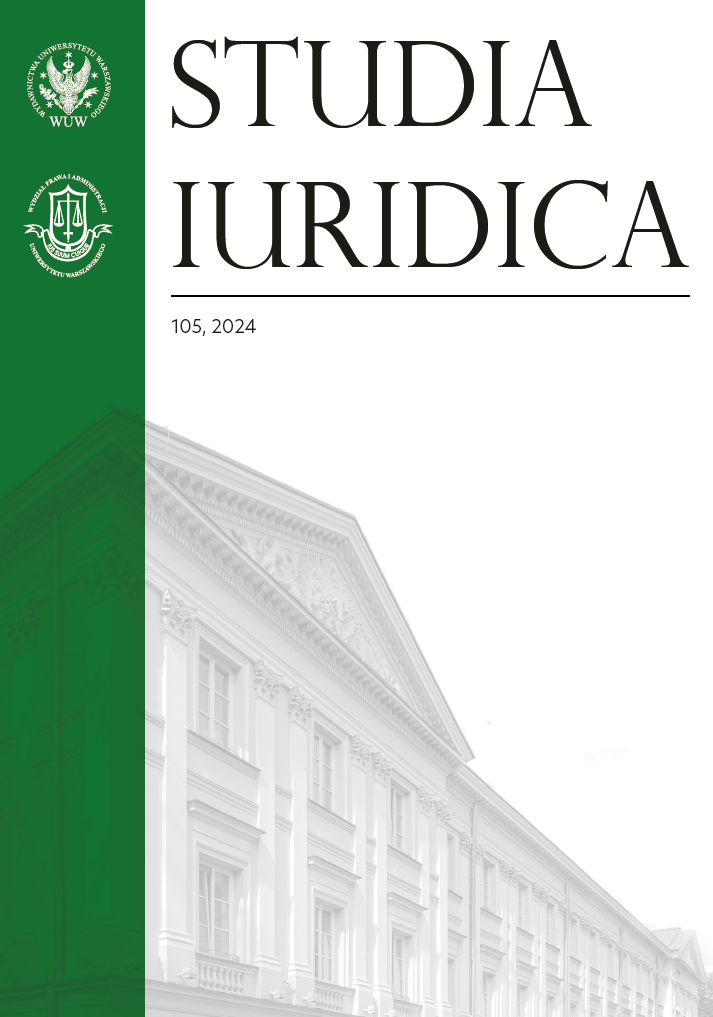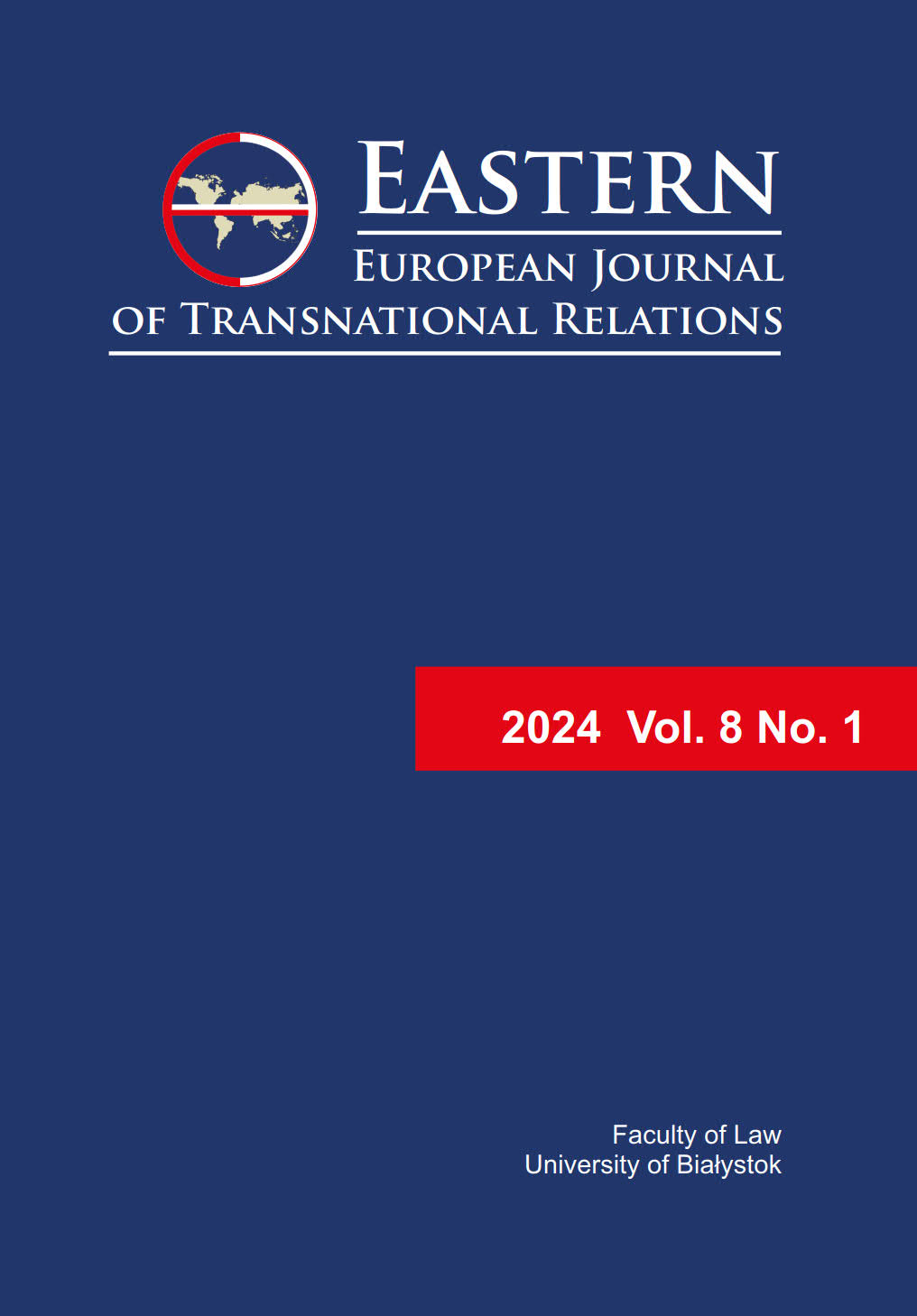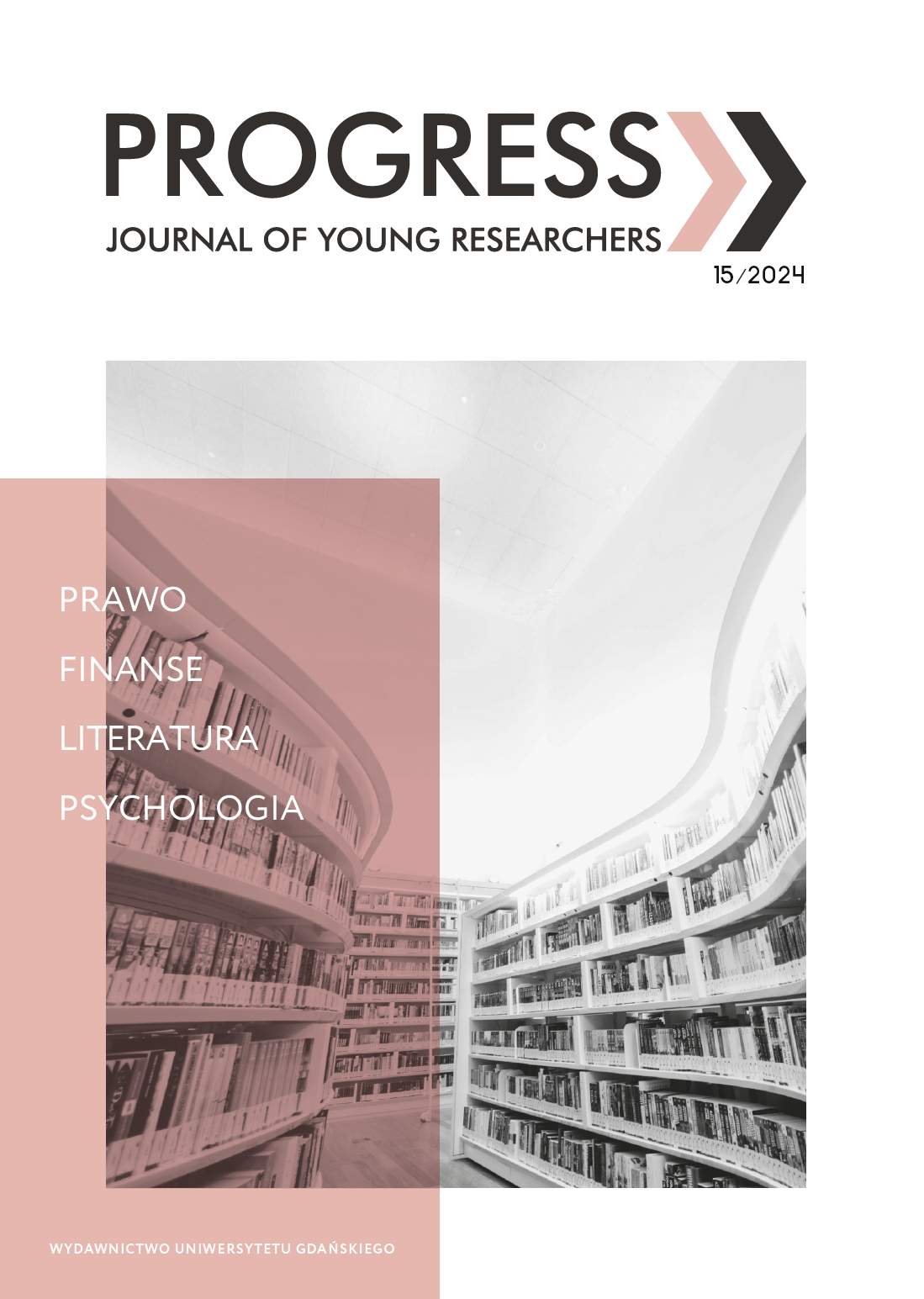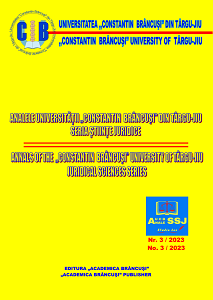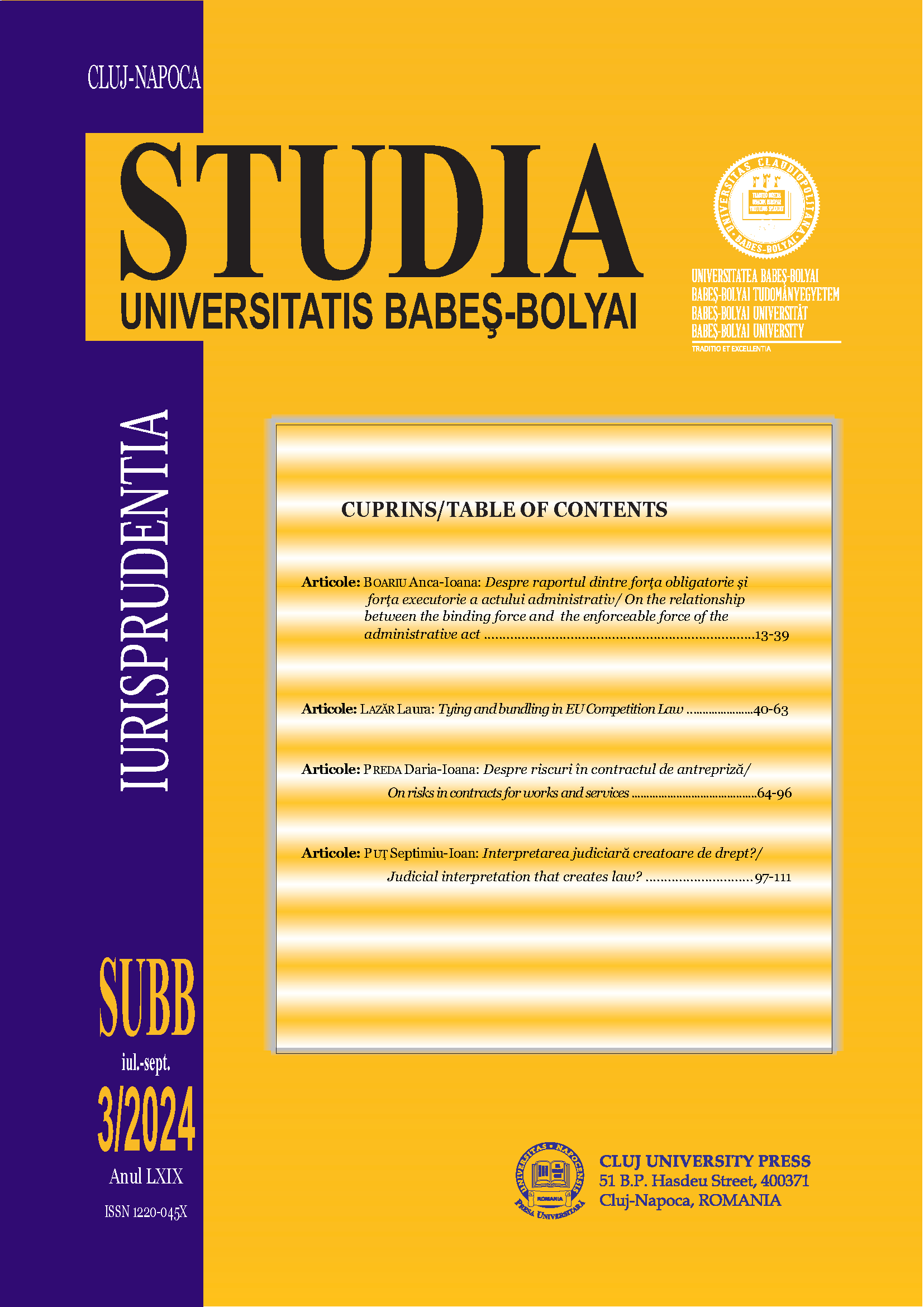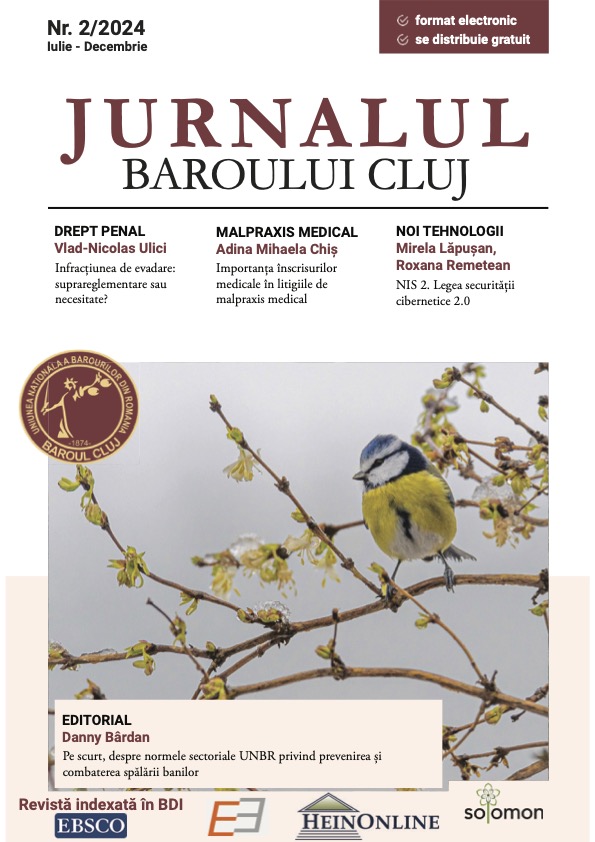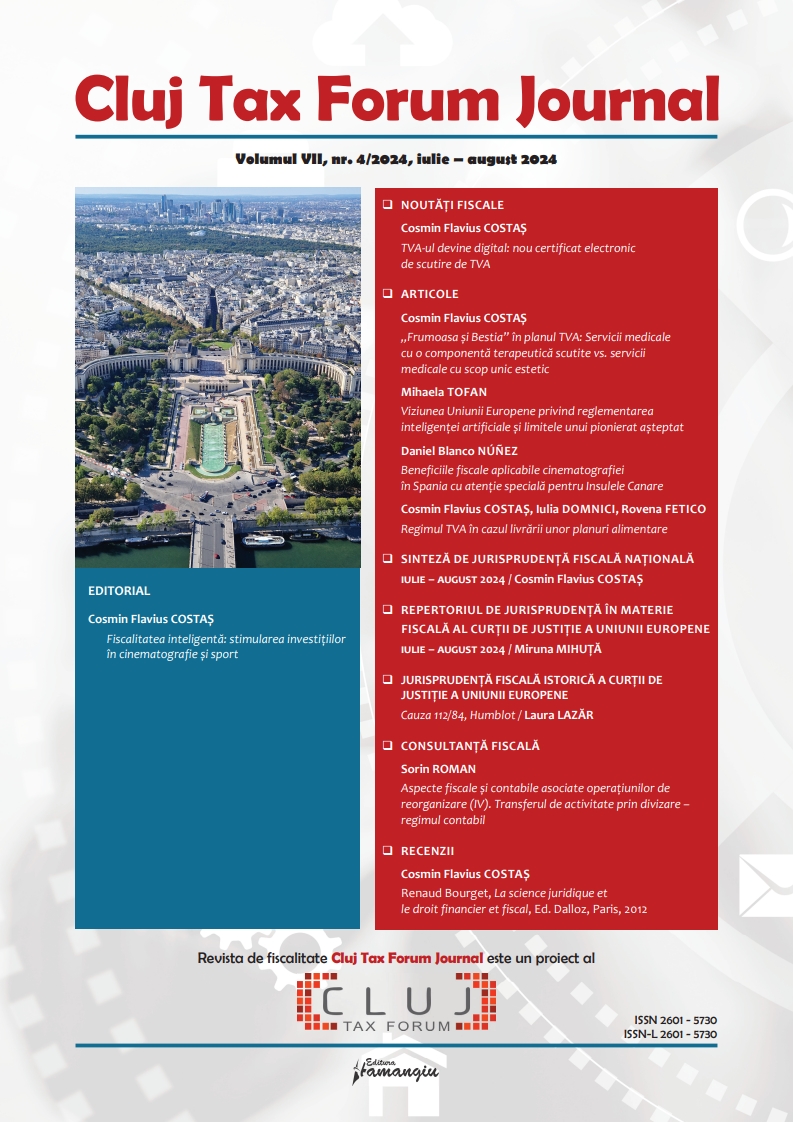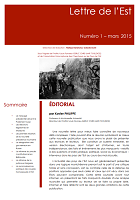
CONTINUER À RÉFORMER LA JUSTICE : LE MOT D’ORDRE DE L’UNION EUROPÉENNE À L’ADRESSE DE LA BULGARIE
Le dernier rapport de la Commission rendu le 28 janvier 2015 à propos de la Bulgarie est sans appel : « depuis le dernier rapport de la Commission publié en janvier 2014, les progrès réalisés dans le domaine de la réforme judiciaire ainsi que les avancées tangibles en matière de lutte contre la corruption et la criminalité organisée ont été lents », la référence à la lenteur des réformes menées s’apparentant, pour la Commission, à un euphémisme sous couvert de diplomatie. Ces rapports sont produits dans le cadre du mécanisme de coopération et de vérification (MCV).
More...
